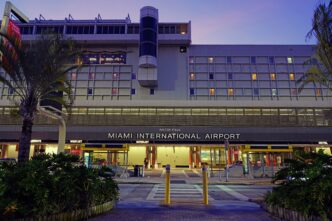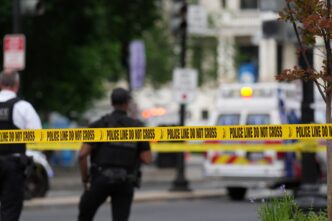In a devastating event at the Christmas market in Magdeburg, Germany, a vehicle rammed into a bustling crowd, resulting in multiple casualties and injuries. This shocking attack has left the nation mourning and questioning safety measures at public gatherings.
On Friday evening, a 50-year-old man drove his car through the Christmas market in Magdeburg, tragically killing four women and a nine-year-old boy. The boy, identified as André Gleissner, was part of a local children’s fire brigade. Authorities reported that 200 people were injured, with 41 sustaining serious injuries.
Eyewitness accounts, like that of Thi Linh Chi Nguyen, who works near the market, describe a scene of chaos and horror as the car plowed through the crowded market at high speed, leaving many people injured. Despite concrete barriers in place to protect the market, a gap for emergency access allowed the car to enter at speed.
The suspect, identified as Taleb A., a Saudi doctor practicing in Germany, is under investigation for murder and other charges. Reports indicate he has voiced anti-Islam sentiments and supported far-right political views. His social media presence included criticism of Islam and German authorities, raising questions about his motivations and mental state.
The attack has sparked a debate on security measures at public events in Germany. The market reopened two days later, but the heightened police presence could not erase the lingering fear and sorrow in the community. Many residents gathered at makeshift memorials to honor the victims, lighting candles and laying flowers.
This incident is part of a troubling series of vehicle-ramming attacks in Germany and worldwide, where extremists use cars as weapons. It echoes previous attacks in Germany, like the 2016 Berlin Christmas market attack. These events have intensified security concerns and discussions about the country’s migration policies.
Authorities are investigating the suspect’s background to determine potential links to extremist ideologies. Despite receiving a warning about the suspect from Saudi Arabia last year, German intelligence had not identified him as violent. This has led to criticism of the government’s handling of security threats, with Chancellor Olaf Scholz facing public scrutiny.
The Magdeburg attack underscores the ongoing challenges of ensuring public safety while addressing the complex motivations behind extremist acts. As communities grieve, the incident reignites discussions on balancing security and civil liberties, particularly as Germany approaches its elections.
Source: News4jax







